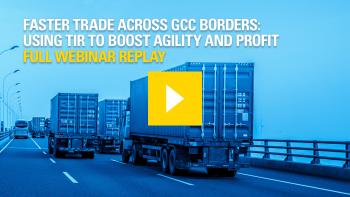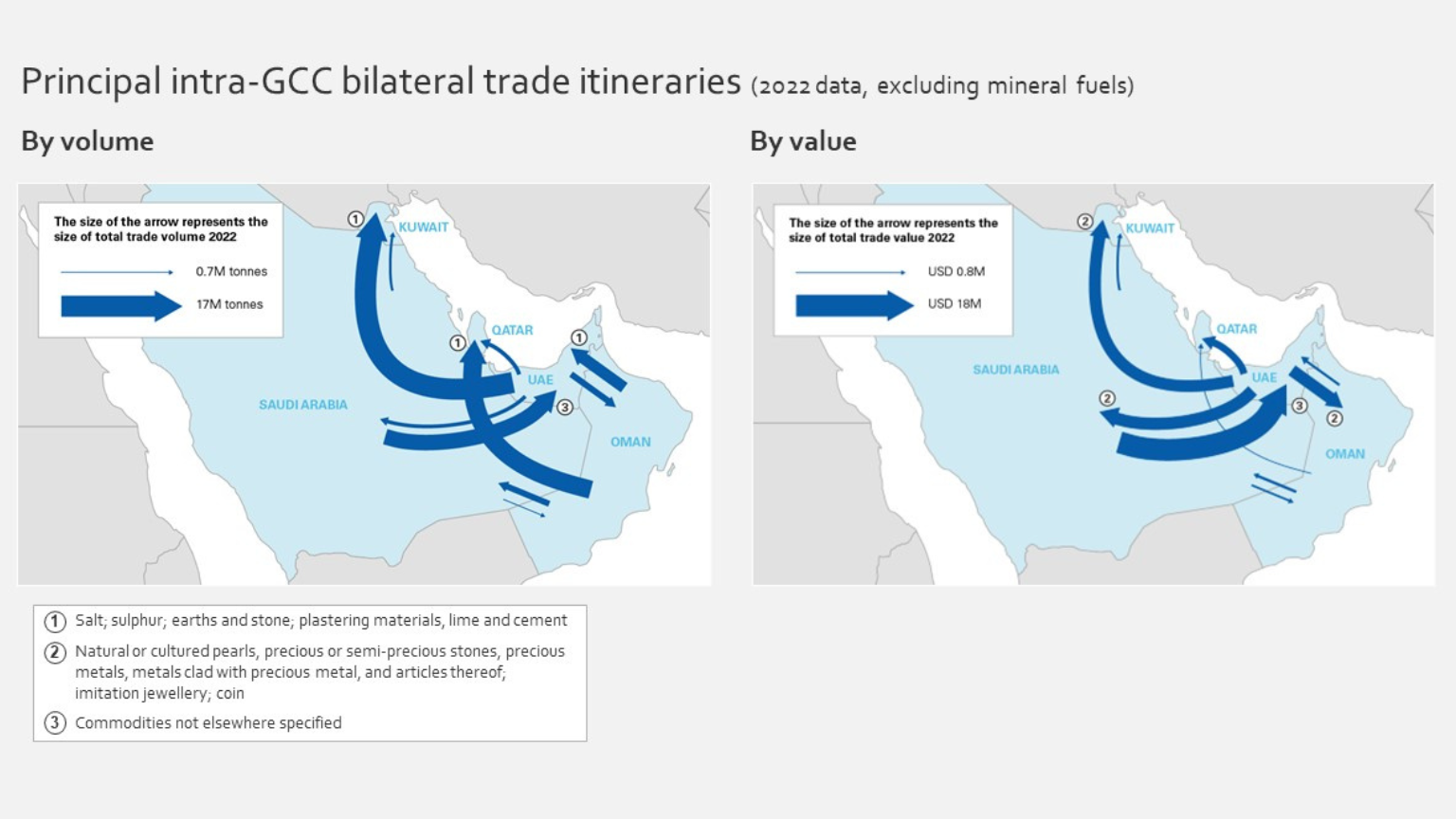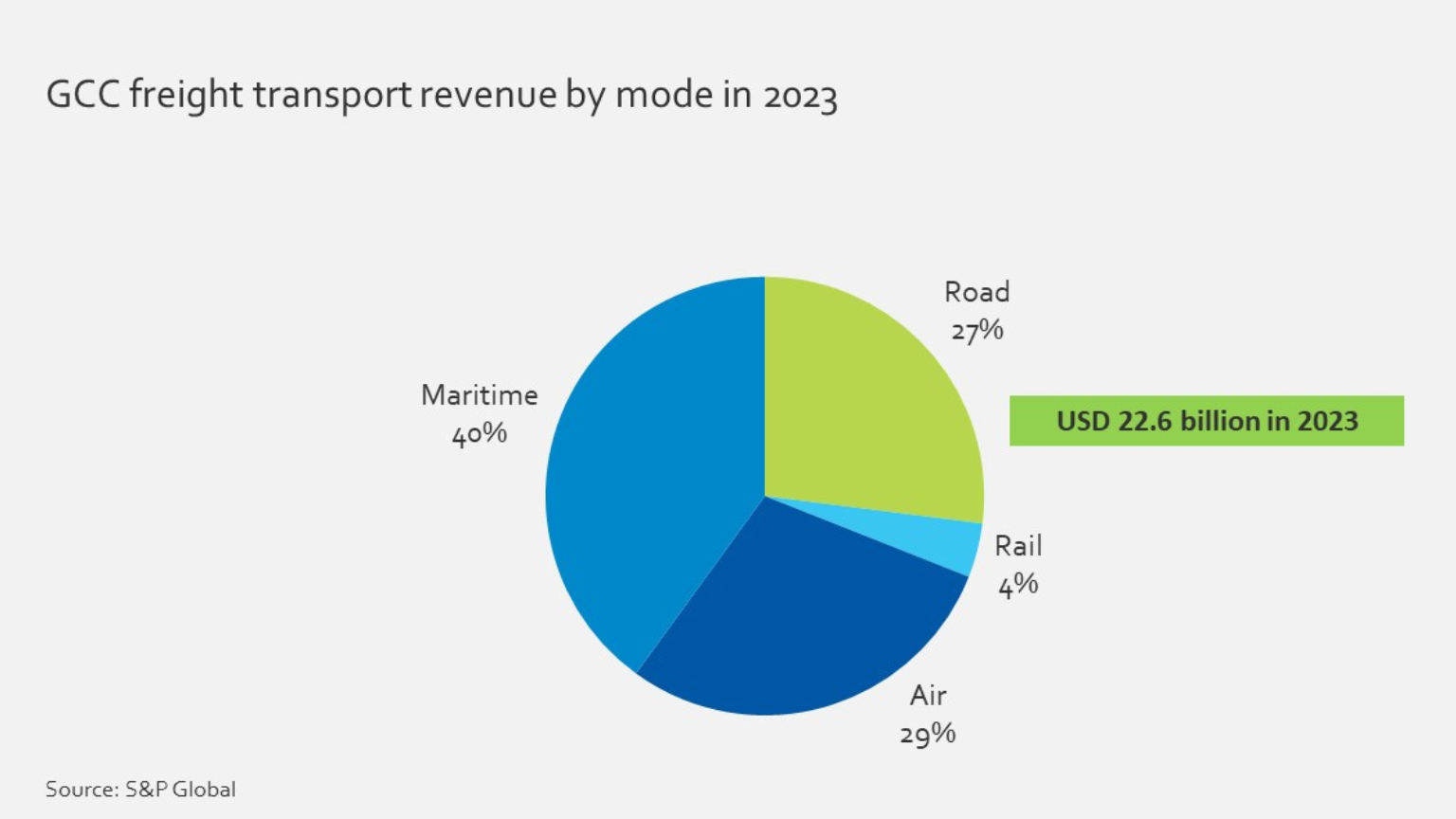Speaking on the success they have had with the TIR system, ADSO CEO Phillip Khoury said, “I think it’s due to trust. The trust and reliability provided by the TIR system.
“I believe that traders have taken it upon themselves, especially here in the region, to be involved in TIR for multiple reasons, mainly bottlenecks, which cause a loss of revenue. When you’re trading, you feel it in your pocket, that’s the bottom line.
“I also believe that in the GCC, companies engaging in cross-border trade want to be in control of their documentation. Having a streamlined and clean way of managing documentation is another great advantage.
“Furthermore, TIR allows you to achieve operational efficiency. We've increased our turnaround time by approximately 60–75% on some routes, allowing us to use more drivers and trucks on the same routes.”
ELITE Co. Head of Operations Asantewaa Engmann shared her experience with the TIR system, “The turnaround moment was when we saw a lot of congestion at borders. We asked ourselves, ‘how are we going to become the differentiator and drive customer experience?’”
“That was the light-bulb moment for us with TR and how we approach cross-border transport in the region.
“We are providing services like tracking and GPS, but TIR has enhanced our capabilities with its simplified processes and documentation. This ensures that shipments are processed more smoothly and efficiently, making us more reliable. We now have customers who are suddenly interested in TIR due to its impact and benefits.
“Once you can manage customer and client expectations in this way, you are able to grow as a business. Your truck utilisation also improves. You can get more out of the same fleet.”
Milton Group COO Walid Kassem highlighted how TIR simplifies transit processes, “We chose to work with TIR because the countries that we transited through are part of the system. This was not the case prior to 2019. Today, the whole GCC region is part of TIR. This simplified procedures for crossing multiple borders.
“TIR minimises customs delays. We don’t have to obtain a guarantee for every transit country. It’s a globally recognised procedure. We use the same carnet, whether it be in Europe or the GCC. The same procedure that we use to cross a border between Bulgaria and Türkiye is the same one that is applied crossing from the UAE into Saudi Arabia.
“This increases the cost effectiveness and security of freight transport. The TIR system gave us the tools we need to make routes viable and cost effective.
“We’re seeing customers come back to us thanks to the transit time savings, and the fact that the cargo has arrived completely safe. Goods are reaching their final destination with the original seal, which means that the cargo has not been touched from the country of origin to final destination.”




